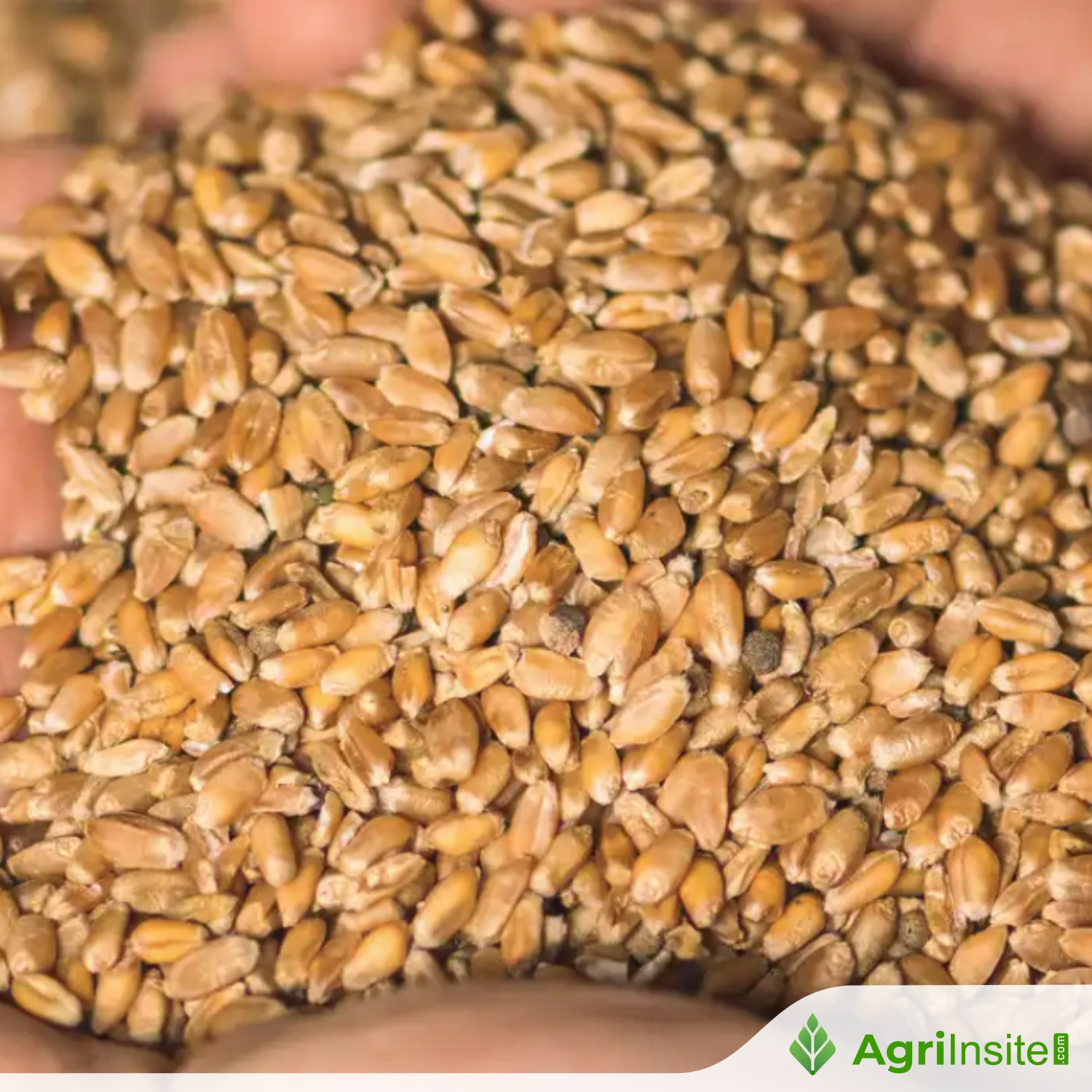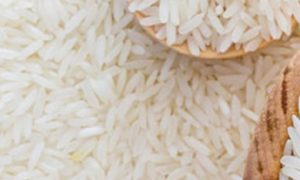USA : Corteva unveils ‘breakthrough’ in drought-resistant wheat

Corteva is introducing non-GMO hybrid wheat seeds to enhance resilience and yields, aiming to replicate the success seen with hybrid corn. This innovation addresses challenges in wheat farming, including declining U.S. production, drought impacts, and economic pressures. Meanwhile, Bioceres’ genetically modified drought-tolerant wheat seed awaits U.S. field trials, reflecting cautious adoption of GM wheat amid consumer preferences.
Hybrid seeds, created by crossing two genetically different parents, have been used for decades by corn and soy farmers as a way to produce more resilient, higher yielding plants. However, due to the relatively complex genetics of wheat, progress on creating a hybrid has been slow.
Corteva is hoping its new hybrid, non-GMO seeds can be a spark as wheat growers look to get the most out of their crops amid a changing climate and growing demand for the grain.
“Pioneer introduced hybrid corn in the 1920s, and since then our technology has helped achieve more than 600% increase in average yields,” Sam Eathington, Corteva’s chief technology and digital officer, said in a statement. “With our new, one-of-a-kind proprietary technology for wheat, we’re now similarly poised to bring the revolutionary benefits and yield potential of hybridization to yet another core crop.”
Corteva’s innovation comes months after Argentina-based Bioceres gained regulatory approval for a genetically modified, drought-tolerant wheat seed in the United States, though field trials are needed before commercialization. While Bioceres’ approval could clear a pathway for GM seeds within the next few years, food processors are wary of the biotech crops due to consumer preferences.
Wheat is one of the top three crops grown in the U.S., behind only corn and soybeans in terms of acreage and production. Despite the grain’s popularity, wheat plantings and production have declined significantly since peaking in 1981, according to the U.S. Department of Agriculture. As global wheat markets have grown, farmers’ returns for planting wheat have also declined and encouraged the adoption of more profitable, resilient cash crops.
Drought has become an increasing pain point for wheat farmers. This year, dry conditions delayed planting, which could impact yields down the line.
To read more about Wheat News continue reading Agriinsite.com
Source Link : Agriculture Dive

















